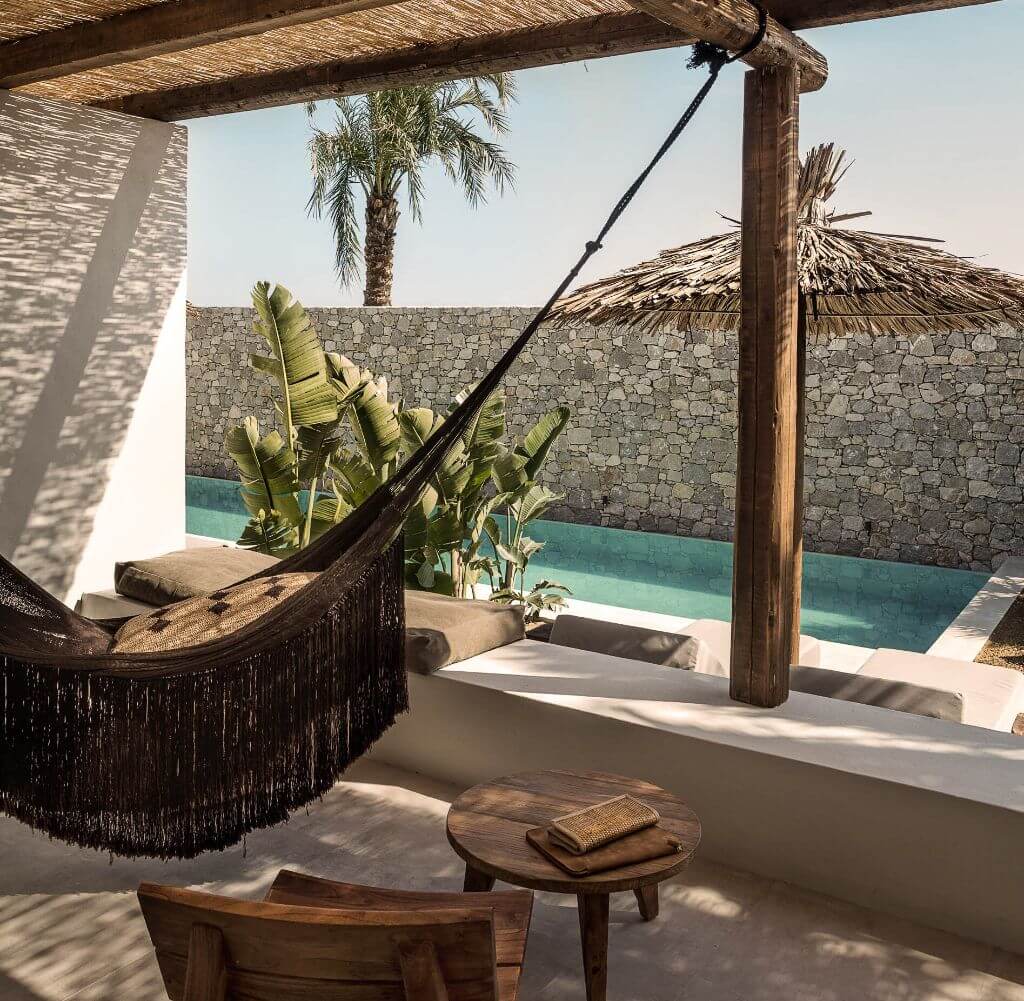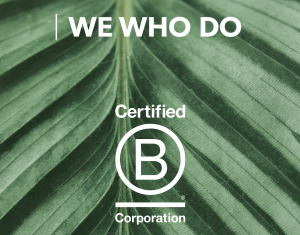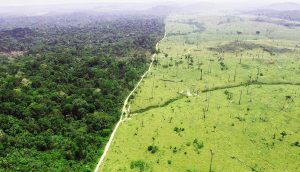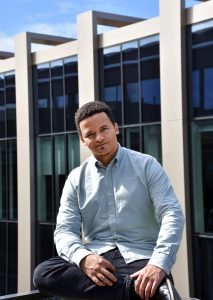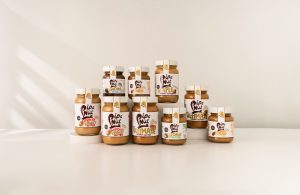Kobu is a design-led marketplace for hotels, homes for sale, and products.
They curate exceptional spaces, furniture and objects in one visually-led platform.
Where did the idea for Kobu come from?
Richard: The project was initially set up by myself and joined shortly after by Mark, and then Hywel – so one from the music industry, one from finance, and one the fashion world. We all connected with the concept of Kobu through our mutual passion for design and travel.
The idea evolved from the frustration of millions of options on sites like Expedia and Rightmove and a common problem that great design gets lost online. We saw an opportunity to filter the noise and unify these three core industries of Travel, Real Estate and Homewares which are normally separated when it comes to search, connecting them together in one place.
Launched officially in 2019, the Kobu idea has since grown and now represents a group of like-minded people who value spaces and products by their design, functionality, aesthetic, as well as their environmental impact. In this way, Kobu is all about experiencing well-designed and sustainable hotels and homes that honour the Kobu spirit, as well as owning products that last for a long time.
Our plan is to expand the Kobu brand by championing up-and-coming designers as well as established brands. We will form spaces that can be booked which will also serve as/double up as showrooms for our shop.
How do you decide which products make it onto the Kobu platform?
Hywel: All of our properties and products are curated by an in-house team. They choose properties primarily based on the architecture and interior design, but look carefully at things like sustainability, history and quality.
Although our team is small, we’re lucky to have attracted industry experts from companies like Soho House and former curators from Mr and Mrs Smith, so collectively we discuss and manage our ever-growing offering.
Creative professionals can also apply for verified accounts and, if successful, are given the ability to display their portfolio and post within Kobu – here we are building a database of creatives for potential partner collaborations. Verification is determined by a user’s portfolio and work, which usually focuses on travel, property and design industries or relating to them. So, the Kobu Social Feed allows the community to interact in a way that nurtures opportunities for collaboration and connections, as well as the ability to find, engage and mood board beautiful architecture and design.
Mark: As with any company, we had to start somewhere and, although we’re super proud of where Kobu is after only a year, there is continually more to offer. It’s a constant progression. There are many more features and opportunities to be rolled out over the next year, which will hopefully not only inspire people through exceptional design, but offer tools to help creatives in the industry connect, engage and collaborate with the hotels, properties and brands they love.
What are Kobu doing in the sustainability space?
Hywel: We want to ensure audiences can easily find properties which have shown they have eco-friendly and sustainable measures in place. This can range from the design of the properties to their operating procedures. Therefore, Kobu curates places that they feel shows several initiatives to reduce waste, energy consumption, plastics and carbon emissions, amongst other things. These properties are then given an eco-pioneer tag on the listing page and demonstrate to the consumer the environmental benefits of their decision.
Richard: Further to this, there are plans to launch a Kobu Sustainability Rating, which will give all bookable spaces on the Kobu website a score based on an assessment by an environmental and sustainability expert. This will also provide partners with the opportunity to receive a full report on how we can improve their score and, therefore, their environmental impact.
Mark: We also have the plane icon on listing pages, which allow customers to easily offset their carbon emissions for any flights or trips they intend to book. Finding that offsetting emission services are often inconvenient, we’ve partnered with Clear to allow our customers to quickly and easily do this in a few simple online steps.
How do you think travel will change in a post-pandemic world?
Hywel: No-one knows the timeline for when and how travel as we know it will return, and what it will look like. However, we believe this interruption to travel could act as a catalyst to force people to think about how and why they travel.
Travel for leisure is already beginning to re-emerge, with domestic travel
bookings rising sharply over the past month. We think people will begin to look at the quality of their travel experience as opposed to getting as many cheap breaks as they can. Staying in an 800-room resort and scrambling to sit one metre from a fellow traveller at the pool seems almost crazy post-Covid.
The quality of the space they choose to stay in, the way the interior makes them feel, the amenities that it offers – all these will become more important to the vast majority of travellers.
This article has been posted as part of the Sustainable Start-up Series run by WeWhoDo: building a community of world-leading experts to help sustainable businesses thrive. For more information about Kobu, check out their site here: https://kobu.co/

